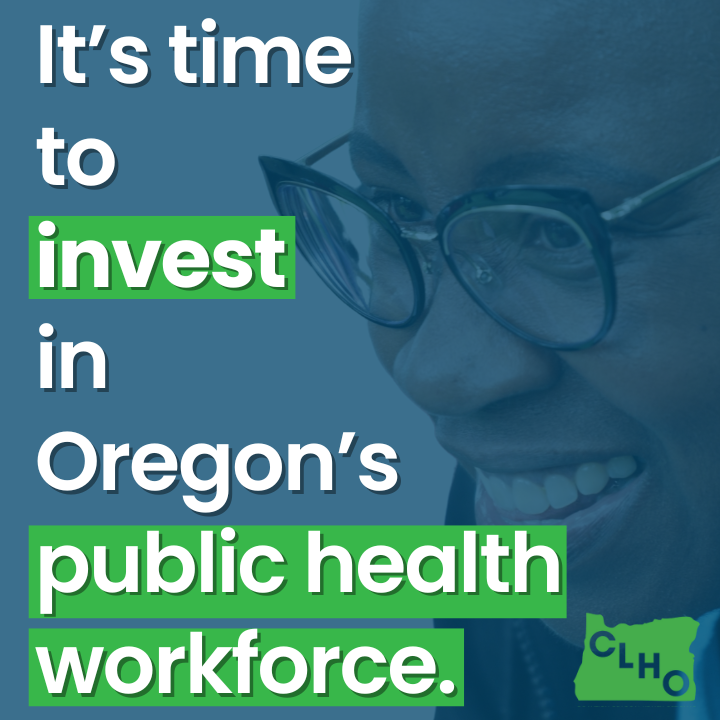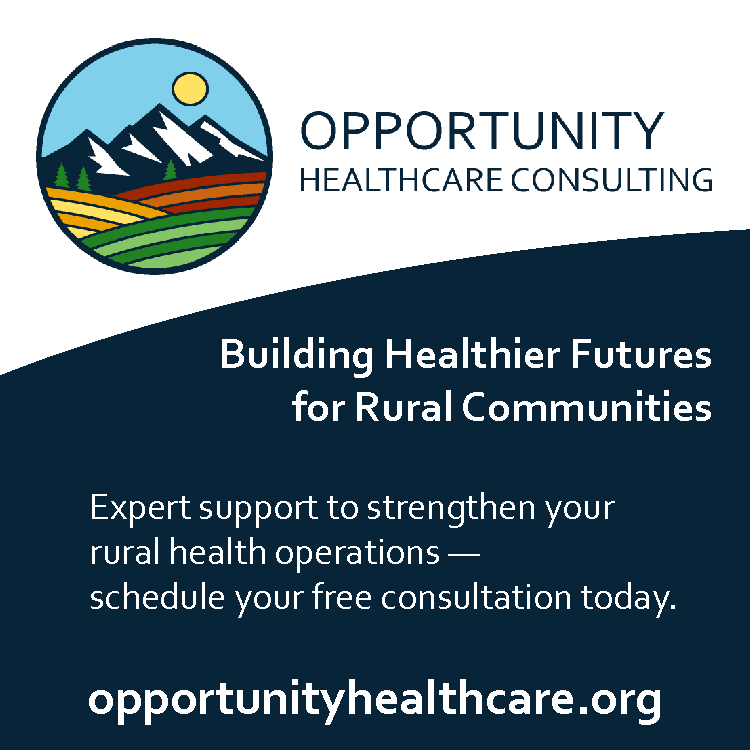The Oregon Office on Disability and Health is at the forefront of improving services and awareness about the needs of people with disabilities, a crucial step that researchers say can improve their health and quality of life.
OODH, a public health organization funded by the Centers for Disease Control and Prevention and housed at Oregon Health & Science University is taking several steps to improve services for people with disabilities, from data collection on the health risks for people with disabilities that could be used for future policy briefs to training healthcare workers on how to better serve the disabled-- everything from mammography to basic healthcare.
Its work on emergency preparedness stands out. In the aftermath of the mass shooting at Umpqua Community College, the department brought an American Sign Language translator to Governor Kate Brown’s press conference.
“That’s kind of a big step for us,” said Justin E Ross, OODH’s emergency preparedness program coordinator
In most emergency and disaster situations, the special needs of people with disabilities are usually an afterthought. The key is to find ways to help the 12 percent of Americans and the 30 percent of Oregonians who live with a disability.
“Historically in almost every disaster for people with disabilities there’s a lack of equity on how they’re helped,” Ross said. “Without this kind of special consideration or planning that trend will continue.”
His agency is trying to narrow the gap between the disability community and emergency management by teaching emergency workers and first responders about the needs of the disabled such as finding a shelter. .
With a $106,000 grant, the agency is reviewing the region’s emergency plans to determine gaps in planning for people with disabilities.
“There was a huge up swell of support and enthusiasm for that,” Ross said. The next step is getting more people with disabilities to come forward to help carve out state policies.
Researchers say people with disabilities have unmet medical needs and poorer health outcomes.
“To say that disability is a health disparity will mark a significant shift in approach toward healthcare of people with disabilities,” said Gloria Krahn of Oregon State University’s College of Public Health and Human Sciences. “It would influence public health practice, research and policy.”
Shelby can be reached at [email protected].


